Keywords: Stock Market
There are more than 24 results, only the first 24 are displayed here.
Become a subscriber for more search results.
-

AUSTRALIA
Amid Australia's unprecedented housing crisis, there's an urgent need for increases in social housing. However, political wrangling hampers the progress of crucial legislation. With 640,000+ Australians facing housing stress, advocates stress the need for immediate action as a starting point towards comprehensive reform that treats housing as a basic human right.
READ MORE
-
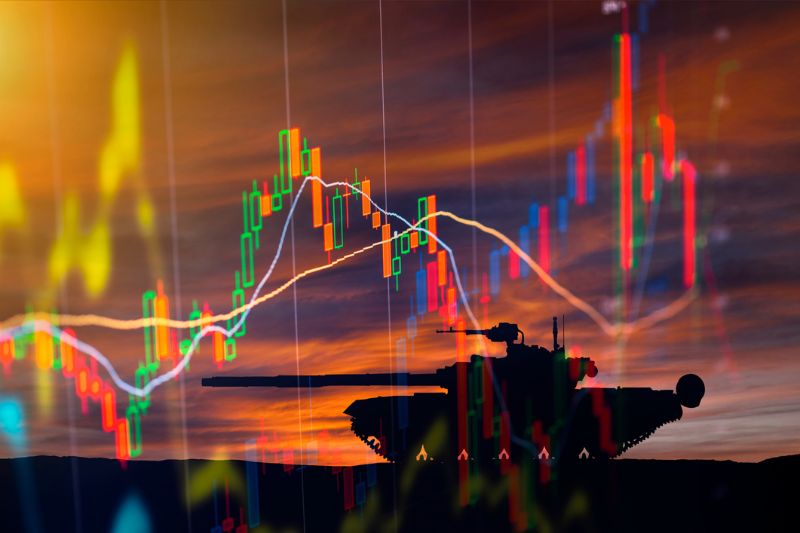
ECONOMICS
From Moscow to Beijing, a change in global finance looms, set to challenge the long-standing economic hegemony. This imminent shift could redefine global power structures, disrupt currency markets and international trade. Amidst this uncertainty, one thing is clear: the game of geopolitical chess is no longer played on a Western-centric board.
READ MORE
-

AUSTRALIA
- Michael McGirr
- 14 April 2023
5 Comments
What are the implications of widespread use of Metformin, Pembrolizumab, or Nivolumab, and what do they say about us? Featuring a humourless pharmacist and a thick wad of prescriptions, the story of our complicated relationship with pharmaceuticals is a meandering map of the human condition.
READ MORE 
-

AUSTRALIA
- David Halliday, Peter Mares, John Falzon, Nicola Nemaric, Rae Dufty-Jones
- 18 November 2022
1 Comment
Despite rising interest rates and the recent dip in property values, Australia’s housing situation places it among the least affordable property market in the world. With a rise in homelessness and younger Australians locked out of an inflated housing market, what is the way forward for Australia?
READ MORE 
-
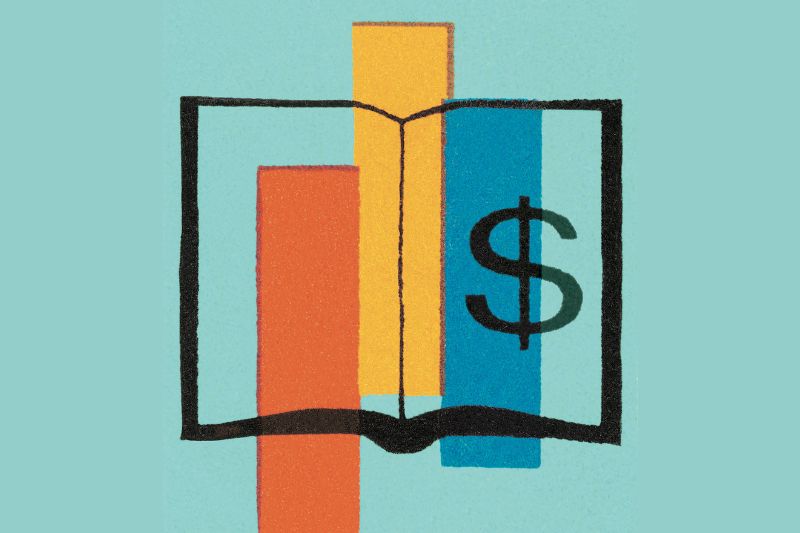
ECONOMICS
- David James
- 16 November 2022
1 Comment
Financial markets are made up of human beings and human beings have always been storytellers — long before science, or modern finance, or accounting even existed. Accordingly, the main skill of successful analysts, advisers, financial gurus and commentators is the construction of compelling narratives. They are, if not exactly creators of fairy stories, not too far removed from it.
READ MORE 
-

ECONOMICS
- David James
- 28 October 2022
Who wields the most power in the world? If one follows the money trail, it becomes clear that Western societies have become ruled by a new type of aristocracy: a management aristocracy.
READ MORE 
-
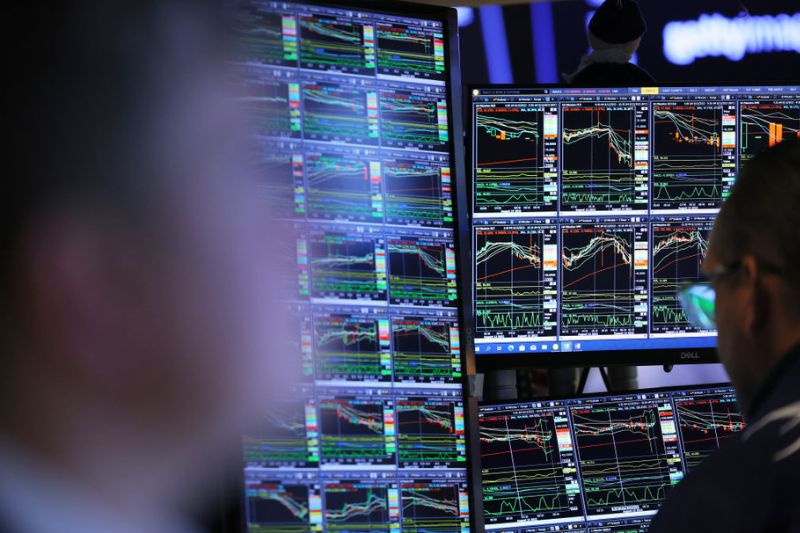
ECONOMICS
- David James
- 23 August 2022
4 Comments
Now that it is becoming hard to avoid just how much trouble the global financial system is in, it is interesting to speculate about what should be done about it. The first thing to understand about the global financial system is that the assumptions that were used to shape it are demonstrably false.
READ MORE 
-

AUSTRALIA
- Andrew Hamilton
- 04 August 2022
8 Comments
It is easy to view homelessness from a distance as only a failure of economic policy and of the political responsibility to deliver material goods. A home, however, is more than a house. It connotes connections that are central to humanity. Left without a home people are deprived of more than bricks and mortar; they are diminished in their humanity.
READ MORE 
-
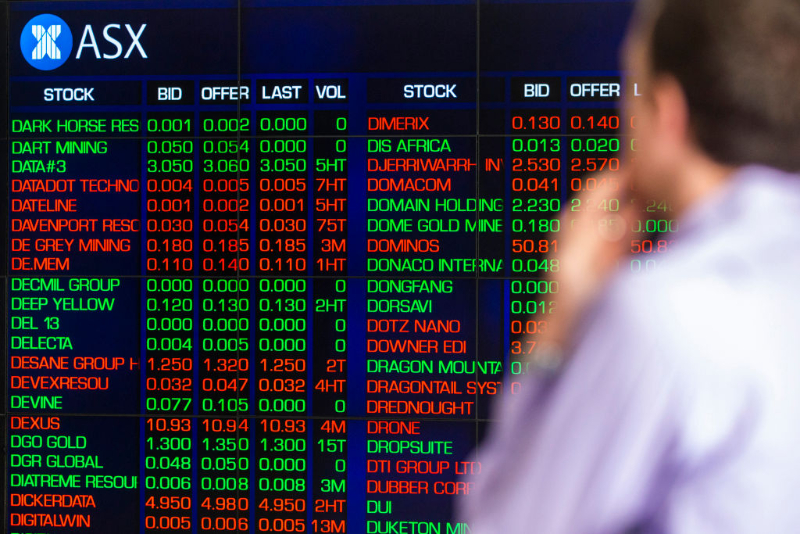
ECONOMICS
As commodity prices and inflation soar in the ‘real’ world we may be witnessing a prelude to another 2008-style crisis triggered by the foreign exchange markets. The risks certainly look similar and can be described with a simple question. Can the fictions produced by out-of-control financial actors survive reality?
READ MORE 
-

ECONOMICS
In purely economic terms, the upcoming Federal election is extremely unusual. The shut down of the Australian economy for almost two years because of health measures really has no precedent in our history. Only war can produce that type of shock. The Federal government’s financial response was as extreme as the state of emergency measures, including a sharp increase in Australian government debt. It remains to be seen, however, if the government gets much credit for injecting so much free money into the economy. It is unlikely.
READ MORE 
-

INTERNATIONAL
- David James
- 19 April 2022
2 Comments
Elon Musk’s proposed hostile takeover of Twitter will be a fascinating battle that will have consequences far beyond the stock market. It is exposing just how financially strange social media and conventional media have become.
READ MORE 
-
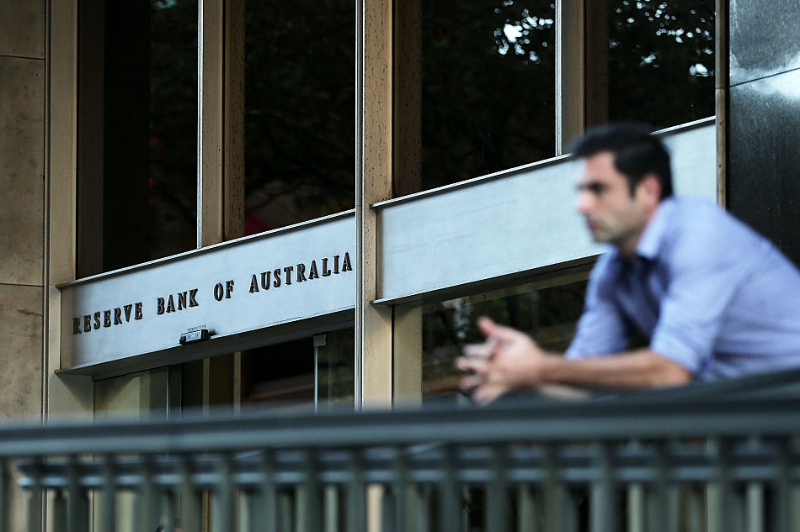
ECONOMICS
- David James
- 01 March 2022
3 Comments
Australia’s Reserve Bank mainly concentrates on keeping inflation within an acceptable range and maintaining a high level of employment. Social equity has never been considered to be part of its mandate. It should be. Interest rates have been the biggest cause of economic and social division in Australia, not just between rich and poor, but also between older and younger generations.
READ MORE 